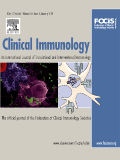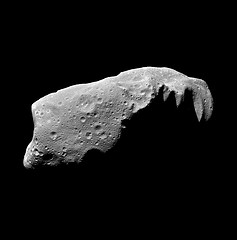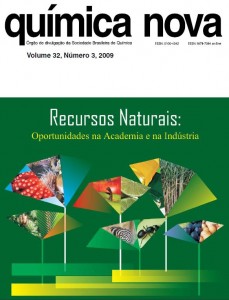
Two more retractions have popped up for Nasser Chegini, the former University of Florida professor currently under investigation by the Office of Research Integrity (ORI).
Both retractions appear in the Journal of Clinical Endocrinology & Metabolism. The notices indicate that an investigation report from the University of Florida “found substantial data misrepresentation” in two JCEM articles about Smads, signaling molecules that carry messages from TGF-beta receptors to the nucleus.
Here’s the notice for “The Expression of Smads in Human Endometrium and Regulation and Induction in Endometrial Epithelial and Stromal Cells by Transforming Growth Factor-Beta” ():
Continue reading Ob-gyn prof up to 7 retractions, latest due to “substantial data misrepresentation”



 After we flagged a journal that was asking authors to cite the journal in order to boost its impact factor, the journal’s website has now removed the request from its author information page.
After we flagged a journal that was asking authors to cite the journal in order to boost its impact factor, the journal’s website has now removed the request from its author information page.


